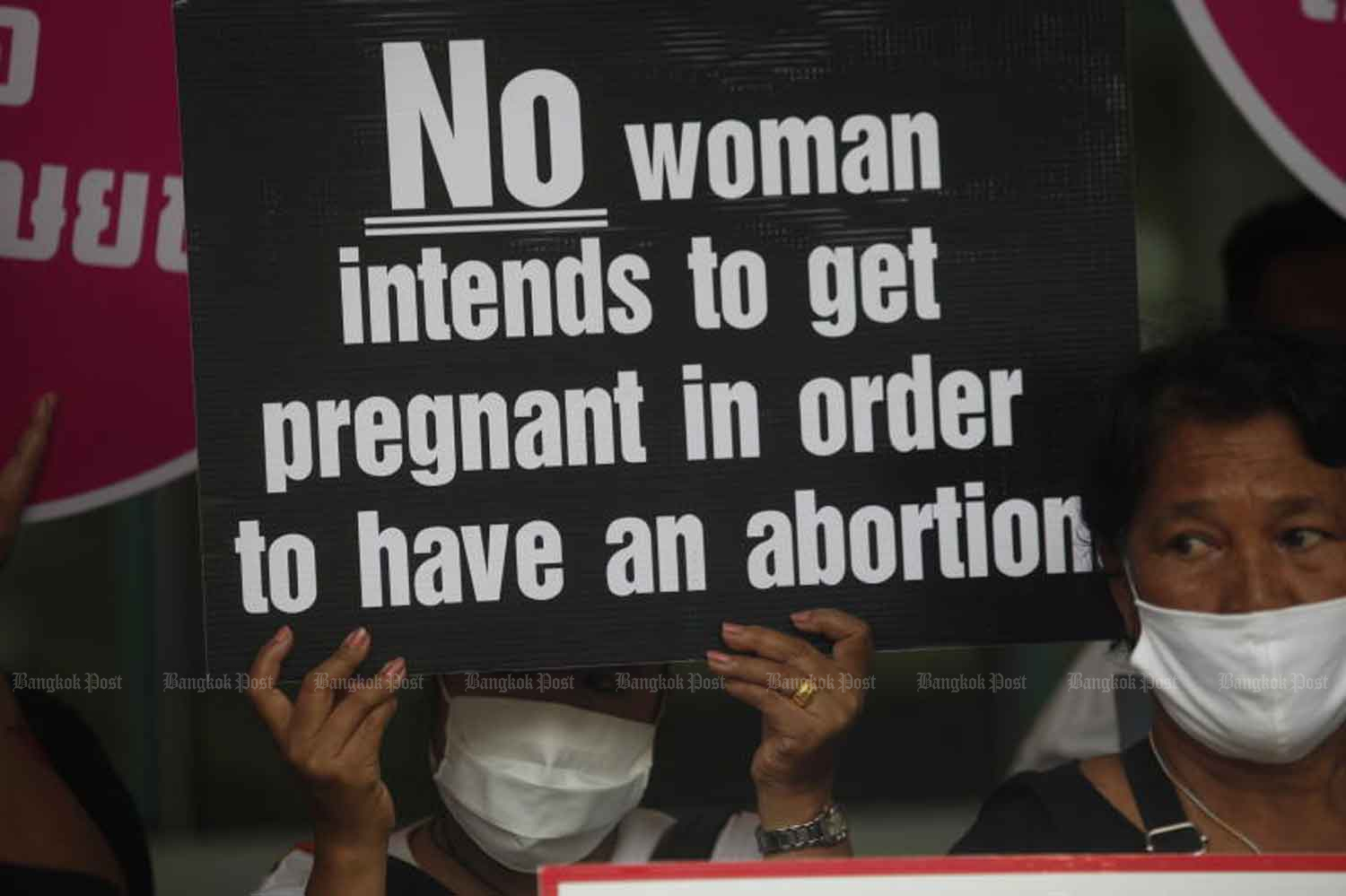
The Bureau of Reproductive Health aims to reduce the number of teenage mothers from 31.4 per 1,000 people to 25 by 2026.
Last year, an average of 169 children in Thailand were born to teenage girls aged between 15-19 years old each day, while an average of six children per day were born to girls younger than 15 years old, according to the bureau.
A total of 63,875 children were born to girls aged under 20 years old last year. Of that number 61,685 were born to 15-19-year-olds, and 2,190 to girls under 15.
In addition, 5,222 children in 2019 were born to women aged 20 or under who had been pregnant before.
Deputy bureau director Dr Manus Ramkiattisak blamed the high numbers on a lack of access to contraceptives.
Despite the government's implementation of the second National Reproductive Health Development Policy and Strategy (2017-2026) promoting higher quality births and population growth to resolve these issues, some Thai teens are still unable to access contraceptive services because state hospitals purchase small amounts of these supplies.
Negative perceptions from service providers and society in general towards teenagers who use birth control puts off others seeking it.
Only 36.6% of general and local hospitals purchased medical supplies for semi-permanent birth control, such as intrauterine devices and contraceptive implants, according to Dr Manus.
He also urged young girls to obtain free contraceptive implants at government hospitals across the country to avoid unwanted pregnancies.
He said the implants were effective for three, five and 10 years.
Support is provided free of charge for girls aged 10 to 19, under the Prevention and Solution of the Adolescent Pregnancy Problem Act of 2016.
To promote information about the service, the Bureau of Reproductive Health recently launched an official LINE account called "Teen Club" targeting teenagers to provide correct information about reproductive health, birth control, and other useful information.
Teen Club will also provide answers to teenagers' questions on reproductive health, birth control, and other useful information in an "open" and understanding" format, Dr Manus said.
The LINE account allows users to check their right to access contraception services, search for providers, as well as record and keep track of their menstrual cycles. The initiative sits alongside other services such as hotline 1663.
Teen Club can be reached at: https://line.me/R/ti/p/@teen_club